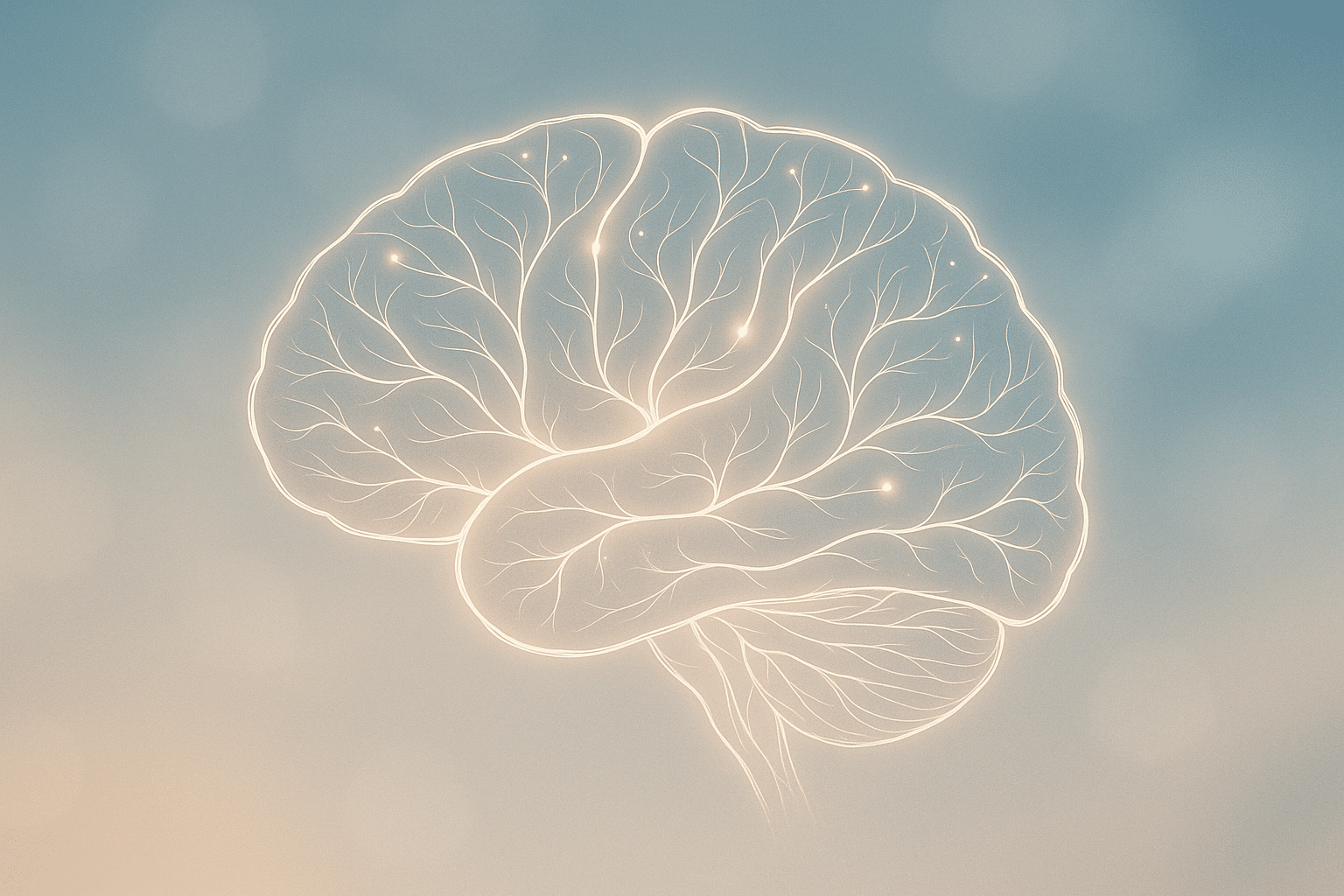Ketamine-assisted therapy is gaining popularity as an innovative approach to mental health treatment. By inducing unique, introspective experiences, ketamine sessions help individuals and couples uncover and address core issues tied to depression, anxiety, PTSD, and relationship difficulties.
When preparing for ketamine-assisted couples therapy, it is essential to go in with a thoughtful plan and a clear mindset. This guide will provide you with practical tips on how to prepare for your session, manage expectations, and maximize the benefits of the experience, drawing from well-researched practices that align with current standards.
Why Choose Ketamine-Assisted Therapy for Couples?
Ketamine therapy for couples is different from traditional couples counseling. During sessions, ketamine facilitates an altered state of consciousness, enabling couples to access deeper layers of emotion and understanding.
This unique approach has been especially effective for those seeking breakthroughs in areas where traditional talk therapy may have stalled. Ketamine-assisted couples therapy offers a transformative experience for partners facing complex emotional patterns or seeking a fresh start together.
Steps to Prepare for Ketamine-Assisted Therapy
Proper preparation can make a meaningful difference in the outcomes of ketamine-assisted couples therapy in California or any therapeutic setting.
1. Consultation and Initial Assessment
Start by meeting with your ketamine therapist or provider. During this session, you will undergo an assessment covering your medical and mental health history, current medications, and previous experiences with substances or psychedelics. This is a crucial step because certain medications can interfere with ketamine’s effects. Be honest and thorough in sharing your health information, as this helps the provider tailor the treatment plan to fit your needs.
2. Setting an Intention
An intention is a personal goal or focus for your session. Setting an intention allows you to direct your thoughts and energies toward areas where you hope to gain clarity or healing. For example, if your goal is to strengthen communication with your partner, make that the focus. Write it down, discuss it with your therapist, and keep it in mind as you enter the session. A clear intention can help shape a positive experience and enhance the therapeutic outcomes.
3. Plan Your Schedule Around the Session
Ideally, you should have nothing scheduled for the rest of the day. Dedicating time afterward to rest and reflect allows the therapeutic insights to take root without distractions. The post-session period, often called the “afterglow,” is valuable for processing the emotions and insights that arise. This is especially important for ketamine couples therapy, where each partner may need time to reflect independently before discussing the experience together.
4. Create a Relaxing Environment
While the clinic usually manages the setting for ketamine-assisted couples therapy, it is essential to feel comfortable and safe. Many clinics provide options like low lighting, comfortable seating, and soothing music. You may be allowed to bring your own playlist; slow and instrumental music can help you relax and enter a meditative state. Choose music that resonates with you personally, as it can be a powerful tool for enhancing introspection during the session.
5. Build a Support System
Before going into ketamine therapy, talk to your partner and trusted friends or family members. For ketamine couple therapy, you may decide together how much of the experience you want to share with others. Having a post-session support plan is also helpful, as feelings and realizations can be intense. A supportive network helps process and integrate insights gained during the session.
What to Expect During the Session
Understanding the process can help you feel more prepared and relaxed during ketamine therapy for couples. Here are some insights into what happens during a typical ketamine session.
1. The Dissociative Experience
Ketamine works as an NMDA receptor antagonist, temporarily altering perception and cognition. This altered state may feel unfamiliar or even overwhelming at first but try to embrace the experience rather than resist it. Ketamine produces what some describe as a “mystical experience,” offering deep emotional insights and often leading to significant mood shifts.
2. Guidance and Therapeutic Support
In clinical settings, a trained therapist or clinician supervises the session. Their role is to provide guidance, monitor for discomfort, and ensure safety. For ketamine-assisted couples therapy, your therapist may guide both partners in focusing on shared intentions or exploring interpersonal dynamics. Trusting the therapist and the process can ease anxieties and help you remain open to whatever emotions arise.
3. Surrendering Control
As you experience ketamine’s effects, allow yourself to “go with the flow.” Trying to control the experience can create anxiety. Embrace the feelings of dissociation, as these are temporary and part of the healing process. Many people report that letting go of control opens them up to emotional clarity and healing.
After the Session: Integration and Reflection
The post-session period is as important as the session itself. Here is how to make the most of it:
1. Journaling and Reflection
After the session, take time to journal about your experience. Write down thoughts, emotions, or images that stood out to you. For couples, this might also mean discussing the experience together, but only when both feel ready. Avoid major decisions or deep conversations immediately after the session, as emotions can be heightened.
2. Integration Therapy
Many clinics offer follow-up therapy sessions specifically for integration. This is the process of making sense of the insights from the ketamine experience and incorporating them into your daily life. Integration therapy helps reinforce positive changes and deepens the impact of ketamine couples therapy. In these sessions, you and your partner can work on applying newfound understandings to strengthen your relationship.
3. Engage in Calming Activities
Over the following days, engage in activities that promote relaxation, such as meditation, light exercise, or nature walks. Avoid alcohol, as it can counteract some of the positive effects of ketamine therapy. This period is also a good time to revisit your original intention and consider how your experience has shifted your perspective on it.
4. Continued Communication and Support
For ketamine-assisted couples therapy, maintaining open communication is essential. Partners often find that the therapy opens up new avenues for understanding and empathy. Talking about the experience, even gradually, can help solidify the insights gained.
Begin Your Healing Journey with Zeam
If you and your partner are ready to explore ketamine-assisted couples therapy near you, our team at Zeam Health & Wellness is here to support you every step of the way. Contact us to learn more about how we can help you make the most of this powerful therapeutic experience.




